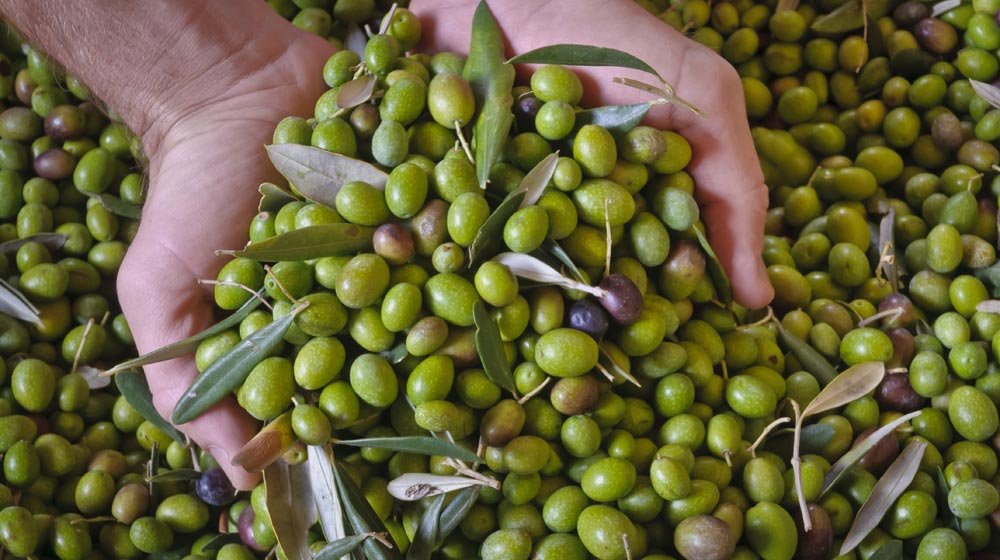In a significant move to enhance Pakistan’s olive sector, Pakistan and Italy have agreed to strengthen their collaboration through the “OliveCulture Scale-up – Scaling up OliveCulture Value Chain and Promoting Climate Resilient Rural Development in Pakistan” project. This decision was made during the first Steering Committee meeting held at the Ministry of National Food Security & Research.
The meeting was chaired by Ali Tahir, the Federal Secretary of the Ministry, and co-chaired by Marilina Armellin, the Ambassador of Italy in Pakistan. It marked a pivotal moment for strategic discussions aimed at advancing Pakistan’s olive industry.
Ambassador Armellin praised the project as a flagship initiative symbolizing the robust cooperation between the Italian and Pakistani governments. She highlighted the project as a commitment to fostering a sustainable and greener Pakistan. The ambassador also acknowledged the involvement of CIHEAM BARI and AICS, recognizing the significant progress made in olive cultivation and economic growth in Pakistan. She expressed satisfaction with the results of the first phase and looked forward to continuing these efforts in the second phase of OliveCulture.
Ali Tahir expressed gratitude for the support provided by the Italian Government, AICS, and CIHEAM Bari. He shared his personal journey with the Olive Revolution since 2012, emphasizing the project’s impact on rural livelihoods and the economic landscape of Pakistan. Tahir assured that the forthcoming phase would maximize the benefits derived from these initiatives.
Francesco Zatta, Head of Office at the Italian Agency for Development Cooperation (AICS) in Islamabad, lauded the partnership between the Pakistani and Italian governments. He anticipated even greater results in olive production and oil quality in the upcoming phase.
Biagio Di Terlizzi, Deputy Director of CIHEAM Bari, acknowledged the geographical distance but emphasized the close relationship with Pakistan. He expressed pride in working closely with the Pakistani government through the Italian government’s support and praised the collaboration with Pakistan’s agricultural institutions, which enhances the country’s resilience to climate challenges.
Dr. Costantino Parma presented the General and Annual Work Plans, including financial strategies, all aimed at fostering further development in the sector. This collaboration is expected to significantly boost Pakistan’s olive production and contribute to climate-resilient rural development.










